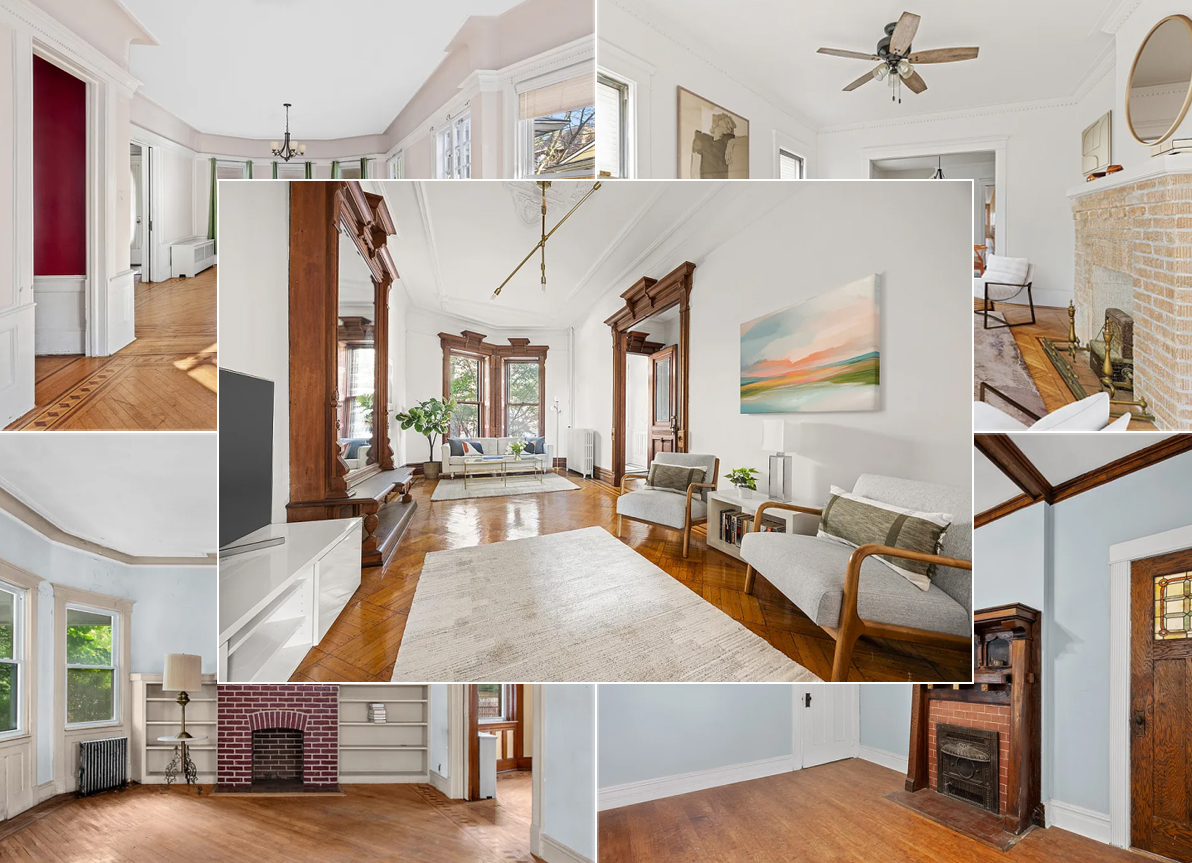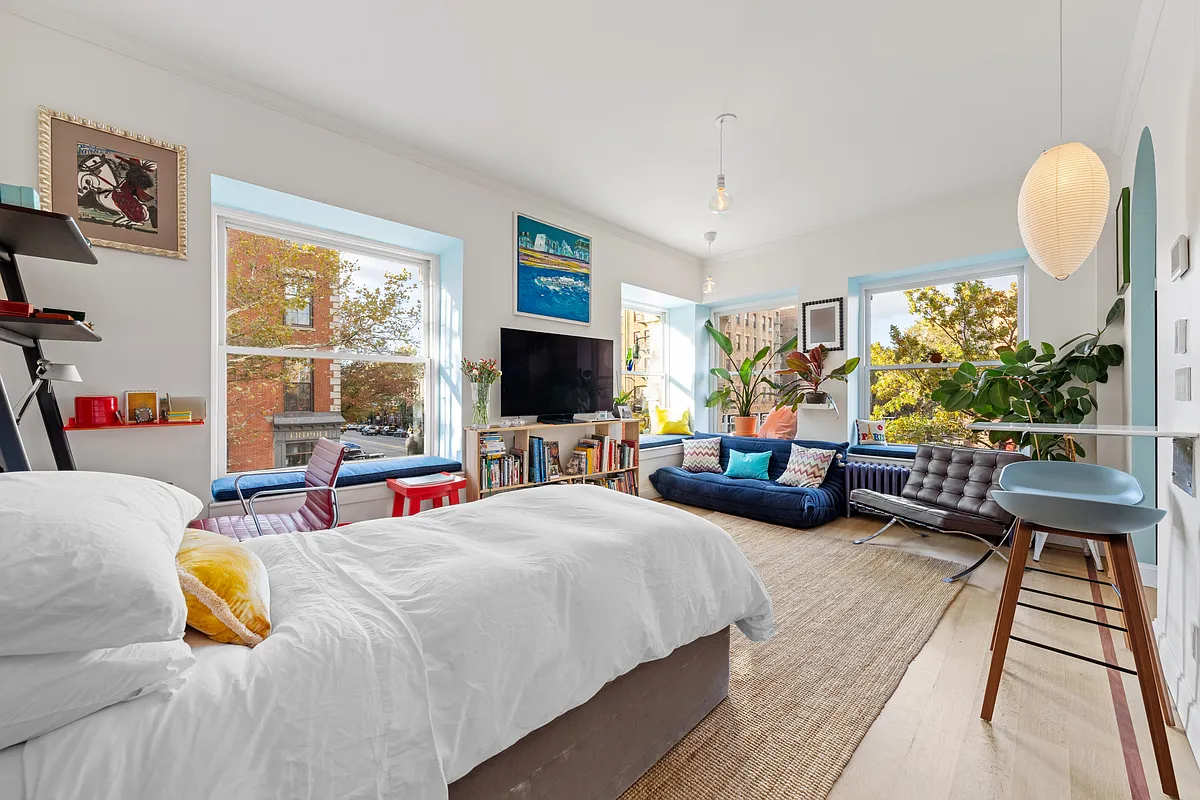Housing Burden Higher Today Than in 2000
As will probably come as no surprise to most readers, The Times reports this morning that people nationwide are spending more of their take-home pay on housing than they did at the beginning of the decade. (The darker areas in the map, above, indicate the areas with the highest rate of growth in housing burden.)…


As will probably come as no surprise to most readers, The Times reports this morning that people nationwide are spending more of their take-home pay on housing than they did at the beginning of the decade. (The darker areas in the map, above, indicate the areas with the highest rate of growth in housing burden.) While high housing costs have always been associated with the major coastal cities, some of the greatest percentage increases came in the midwest and in suburban areas across the country. In Brooklyn, as well as the Bronx and Queens, about a third of all renters hand over at least 30 percent of their gross incomes to their landlords every month. Within the five boroughs, Brooklyn and Manhattan had the slowest rates of growth (6%) while Staten Island had the highest (19%). New York isn’t the worst, though. That distinction goes to certain high-growth areas of California, Colorado and Texas. Housing prices have gone up much more than incomes have, said Christopher Jones, vice president for research at the Regional Plan Association in New York City. Clearly, you can’t sustain that sort of imbalance over the long run. There’s only so long that housing prices can go up without sustained increases in income to support them.
Across Nation, Housing Costs Rise as Burden [NY Times]
NYC Housing Prices Have Skyrocketed [NY1]





I think in a few years the sanitation workers, the teachers, and the police will all have to be millionaires to live and work in this city!
prices will and must come down brownstone or no brownstone, dont listen to those liars at corcoran
“but there are certainly a sect of New Yorkers who have seen their wages more than double or triple in the past few years. I know many of them.”
“wages” are not generally thought of as year-end bonuses, option grants (sometimes granted illegally and retrospectively), fringe benefits, jet clubs, and other niceties that management in wall street and law firms are heavily rewarding themselves with.
unless perhaps it is the wages of sin.
Numbers do in fact lie. Wages on the whole might not be going up significantly but there are certainly a sect of New Yorkers who have seen their wages more than double or triple in the past few years. I know many of them. You can take a regional average that includes both min wage workers to determine the state of high end real estate.
What I am seeing from my friends who are in there early 30’s having kids. They can’t buy anything in Brooklyn, so they saved as much as they could, and move out to Texas, Colorado, NC and are buying nice 4 or 5 bedroom homes with yards and paying top dollar because well it’s cheap in comparison to NY. They are buying large homes for $300K to $400K, where in NY that would cost over a million. So this does not surprise me to see big rises out in the Midwest.
NY is becoming for the Rich only, the rest of us our moving out so we can move up…
Re “Where we go from here is anybody’s guess” in comment above: I think it is quite clear where this situation leads: massive market correction. What else *could* happen? Prices will not only stagnate but drop considerably. It has happened before, in New York City, in the relatively recent past; it will happen again.
Cobblestoner, everyone would like to see their wages go up, but the fact is that they haven’t, and even rent increases are minor is comparison to the cost of buying a house. Fundamentals say housing costs are out of whack with rents and incomes. Sorry, but that’s just how it is. Where we go from here is anybody’s guess but numbers are numbers and they are what they are. There is no chance wages can rise fast enough to keep up with housing prices.
I’d rather see wages go up before housing decreases, but maybe I’m just an idiot 🙂
Rents aren’t going down any time soon in this city. Demand is really high and even if vacancy rates were lower the rents would still be up there because people are willing to pay them. Don’t hold your breath.